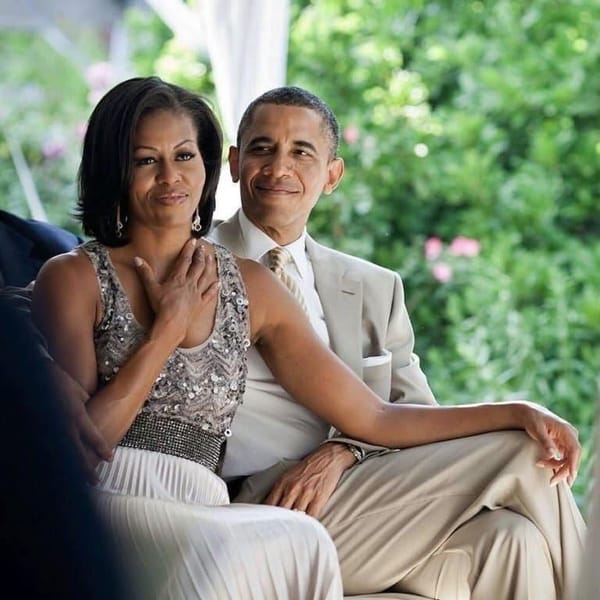🪶 Why Hope Is a Four-Letter Word

I’ve been thinking a lot about hope lately — that slippery, glitter-covered concept we clutch like a security blanket when the world’s on fire. Hope is the thing we’re supposed to have, supposed to spread, supposed to embody in our hashtags and holiday cards.
But honestly? Hope feels like a four-letter word these days.
The problem isn’t hope itself — it’s what we’ve turned it into. We’ve bleached it, bottled it, and sold it back to ourselves as scented candles and pastel-colored memes. “Stay hopeful!” chirps the influencer with the ring light, while somewhere else, someone’s eviction notice flaps on their door.
Hope, in its modern form, has become the permission slip for inaction.
We sit in the burning house, smile bravely at the flames, and say, “I just hope someone does something about this.”
Spoiler: you’re someone.
🌪 Hope as an Excuse
I think about the activists, the mothers, the teachers, the people who get up every morning and face systems designed to grind them down — and I wonder if hope is always helpful. Sometimes hope feels like a sedative, a way to keep the masses calm.
“Don’t worry,” they say. “Things will work out.”
Really? Based on what track record?
Things don’t “work out.” People work them out — through grit, protest, and persistence. Hope doesn’t change the world. People do.
And yet, here I am — a woman with a garden full of kale and compostable idealism — still believing that there’s something worth fighting for. Maybe that’s not hope. Maybe that’s just stubbornness dressed in optimism.
🔥 Hope as Defiance
There’s a different kind of hope — the rebel kind. The kind that lives in your gut, not on a bumper sticker. It’s the kind that says, “Yes, the system is broken, but you don’t get to break me with it.”
This kind of hope is not soft. It doesn’t light scented candles — it burns torches.
It’s the hope that says:
- You can silence my voice, but not my conviction.
- You can ban books, but you can’t ban curiosity.
- You can gerrymander the map, but you can’t redraw the human spirit.
That’s the hope I can live with — the fierce, gritty kind that shows up at protests, writes letters, starts gardens, teaches kids to think critically, and refuses to be numb.
🌱 Hope as Practice
Hope, when practiced honestly, is a verb. It’s composting your despair and planting something new in it. It’s baking a loaf of bread when the world feels half-baked. It’s showing up for others, even when you’re running on fumes.
I practice hope the way I tend my garden — not because it always works, but because the alternative is rot.
I hope that the next generation will be braver than mine.
I hope that truth still has a pulse.
I hope that kindness makes a comeback.
And I do it knowing that hope alone won’t fix a damn thing — but it can keep me from giving up entirely.
🦋 A Final Word on Four Letters
When I say hope is a four-letter word, I don’t mean it’s obscene. I mean it’s powerful — like the other four-letter words that matter:
Love. Grit. Work. Damn.
Hope should make us uncomfortable. It should push us out of bed, into the world, sleeves rolled up. Because real hope — the unmarketable kind — is not about wishing. It’s about doing, even when you’re not sure it will matter.
So this week, I’m reclaiming hope — not as a Hallmark mood, but as an act of rebellion. A middle finger to despair.
If hope is all we’ve got left, let’s at least make it rowdy.
Challenge for the week:
Find one tiny thing that feels hopeless — and do something anyway.
Plant the seed, write the letter, tell the truth, feed the hungry, or simply refuse to scroll past the story that breaks your heart.
Because maybe hope isn’t the light at the end of the tunnel.
Maybe it’s the match you strike while you’re still inside.
Julie Bolejack, MBA
juliebolejack.com
mindfulactivist.etsy.com



